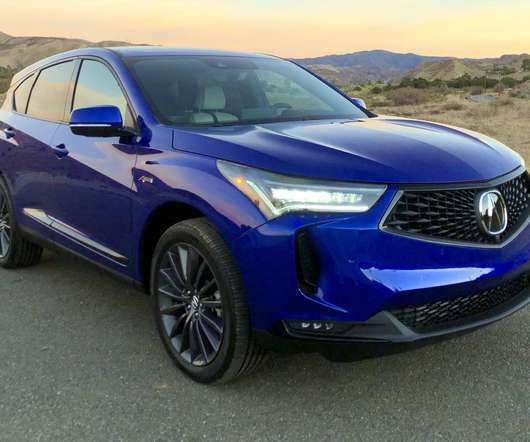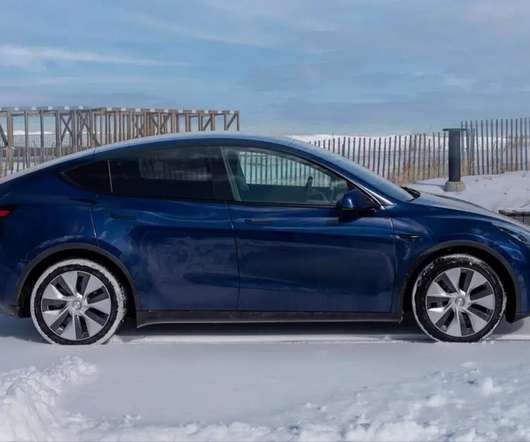U Toronto team assess the climate trade-off between reduced CO2 and increased Black Carbon from GDI engines
Green Car Congress
JULY 14, 2016
is black carbon (BC)—a pollutant with large positive radiative forcing on the climate due to its ability to absorb incoming sunlight and reduce surface albedo on snow. A new study by a team at the University of Toronto has made a preliminary assessment of the climate trade-off (i.e., mpg (10.99 Click to enlarge.

















Let's personalize your content